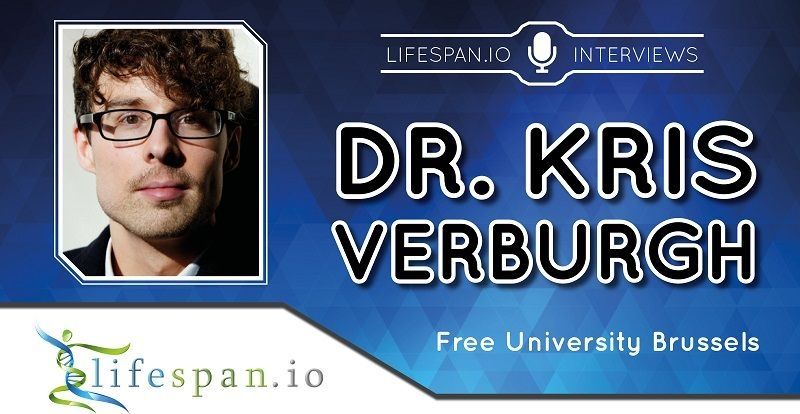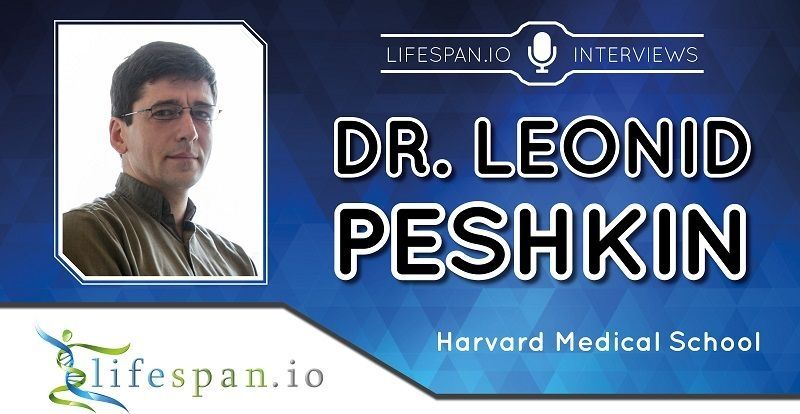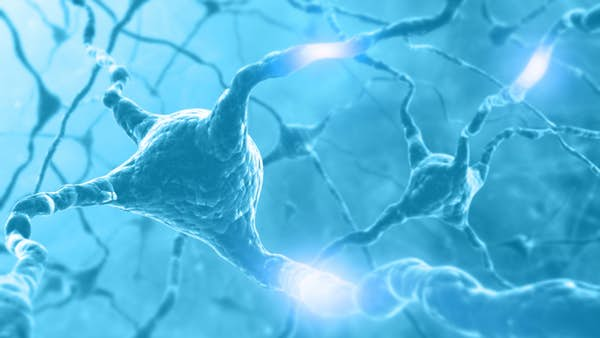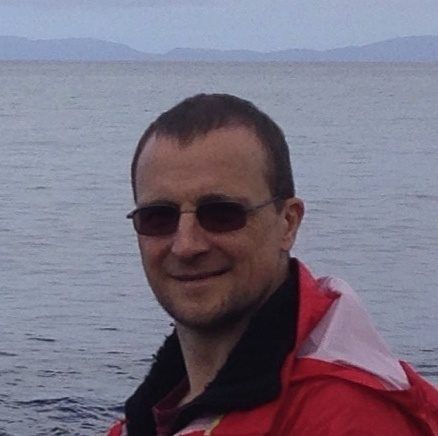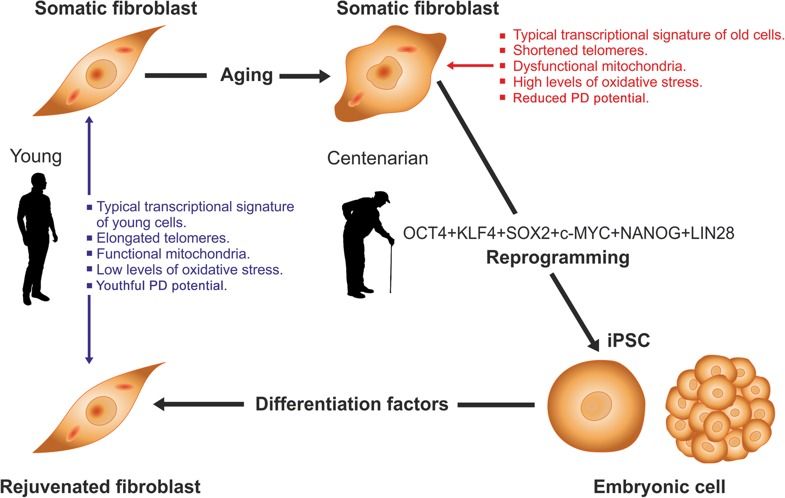Jan 4, 2019
Becoming the First Transhuman: A Call For The Right Stuff
Posted by Mary Jain in categories: biotech/medical, cyborgs, genetics, life extension, neuroscience, space, transhumanism
Many scientists research the practical and immediate applications of bio molecular technology but it seems most fail to study our most important, and largest organ, our skin.
Who will officially be the first transhuman? Will it be you? Why wait decades? This article explains one approach to speeding up the process and also the challenge involved.
Defining the Object of the Goal:
Continue reading “Becoming the First Transhuman: A Call For The Right Stuff” »

